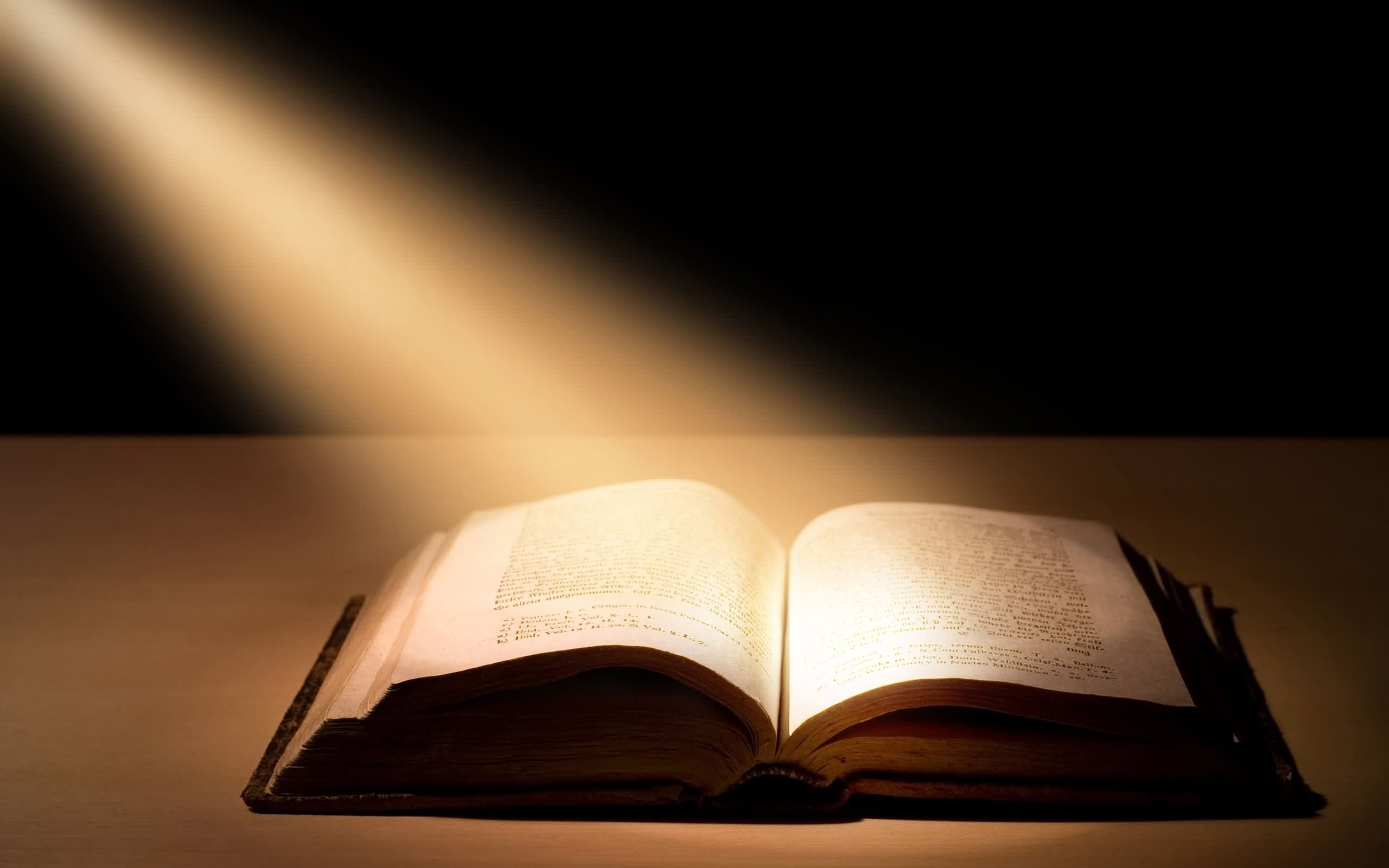
Let me today explain something about hell, because I heard the strangest explanations going around.
The Hebrew word Sheol which actually means ‘the place of the dead’ is in the Old Testament unfortunately generally translated with ‘hel’.
It in reality speaks of the unseen world, and doesn’t say anything about it being a place of misery or of happiness.
Sheol can in many passages in the Old Testament clearly only mean ‘the grave’, and is so rendered in the Authorized Version. For example in Genesis 37:35; 42:38; 1 Samuel 2:6; and Job 14:13.
However, it seems to Involve a notion of punishment, in other passages. Therefore it is translated in the Authorized Version with the word ‘hell’.
But in many other occurrences, the translation of the word ‘sheol’ with ‘hell’ misleads the reader.
And these are also often the source of the strange explanations I mentioned earlier. Often originated by people who have heard something but don’t really understand or know themselves.
The word ‘hell’ in the New Testament is translated from two words, Hades and Gehenna.
The word Hades, like Sheol, sometimes means merely ‘the grave’, like in Acts 2:31; 1 Corinthians 15:55; and in Revelation 20:13, or in general ‘the unseen world’.
It is also in this sense that the creeds say of our Lord, “He went down into hell,” meaning the state of the dead in general, without saying anything about happiness or misery.
Elsewhere in the New Testament Hades is used of a place of torment, like in Matthew 11:23; Luke 16:23; 2 Peter 2:4, etc.;
Consequently it has been almost the universal, notion that Hades is an intermediate state between death and resurrection, divided into two parts one the abode of the blest and the other of the lost.
It is used eleven times in the New Testament, and only once translated with “grave.” (1 Corinthians 15:55).
‘Gehenna‘ is the word which in the New Testament, is most frequently (12 times) used for the place of future punishment.
Gehenna was originally the valley of Hinnom, south of Jerusalem, where the filth and dead animals of the city were cast out and burned.
As such it was a fitting symbol of the wicked and their destruction.




